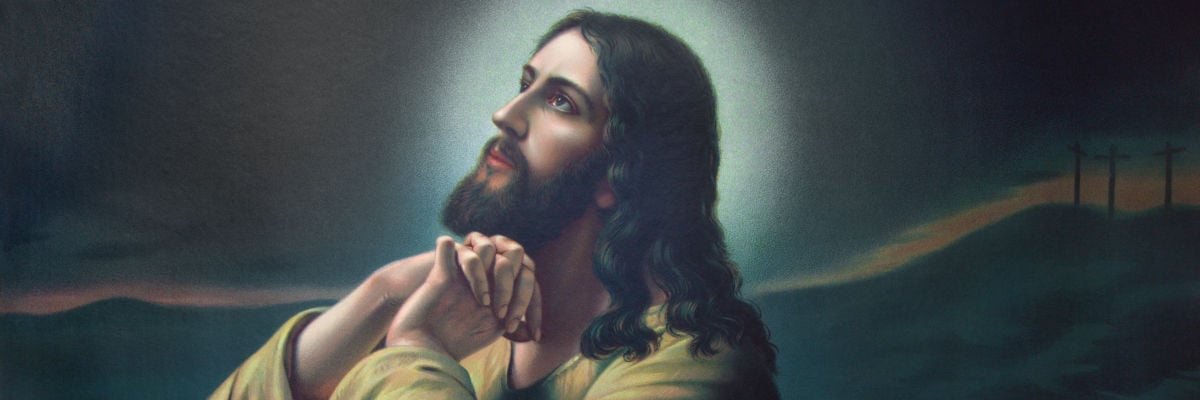
DAY 330
CHALLENGE
“Jesus can’t be God if he said, ‘The Father is greater than I’ (John 14:28).”
DEFENSE
The divinity of Christ is consistent with Jesus’ statement.
Jesus has the same nature as his Father: They are both divine, both God. This does not mean that the Son doesn’t hold a lesser place in other respects.
To consider a human analogy, both a father and a son are equal in nature, but the father ranks higher in the relationships within the family. Further, if he sends his son on a mission, the son has a lower place with respect to the mission: He is the one sent, not the sender.
Both understandings apply to Jesus. First, he “called God his Father, making himself equal with God” (John 5:18). He is thus equal to the Father in nature. However, because he is Son, he occupies second place to the Father in the divine relationships. Thus he is the Second Person of the Trinity, not the First.
He also is on a mission. “God sent the Son into the world, not to condemn the world, but that the world might be saved through him” (John 3:17). This implies the Son played a subordinate role in that mission, for “a servant is not greater than his master; nor is he who is sent greater than he who sent him” (John 13:16).
At the end of the mission, Jesus prays to the Father, saying, “I glorified thee on earth, having accomplished the work which thou gavest me to do; and now, Father, glorify thou me in thy own presence with the glory which I had with thee before the world was made” (John 17:4–5).
This explains the meaning of Jesus’ statement about the Father being greater. In its original context, Jesus was reassuring the disciples about his coming departure, when he said, “If you loved me, you would have rejoiced, because I go to the Father; for the Father is greater than I” (John 14:28). If the disciples love Jesus, they should rejoice because his work is over. He is returning to be again glorified by the Father—who holds the higher rank both as the Father and the one who sent him. TIP
For more on how John’s Gospel teaches Jesus’ divinity, see Day 12.



